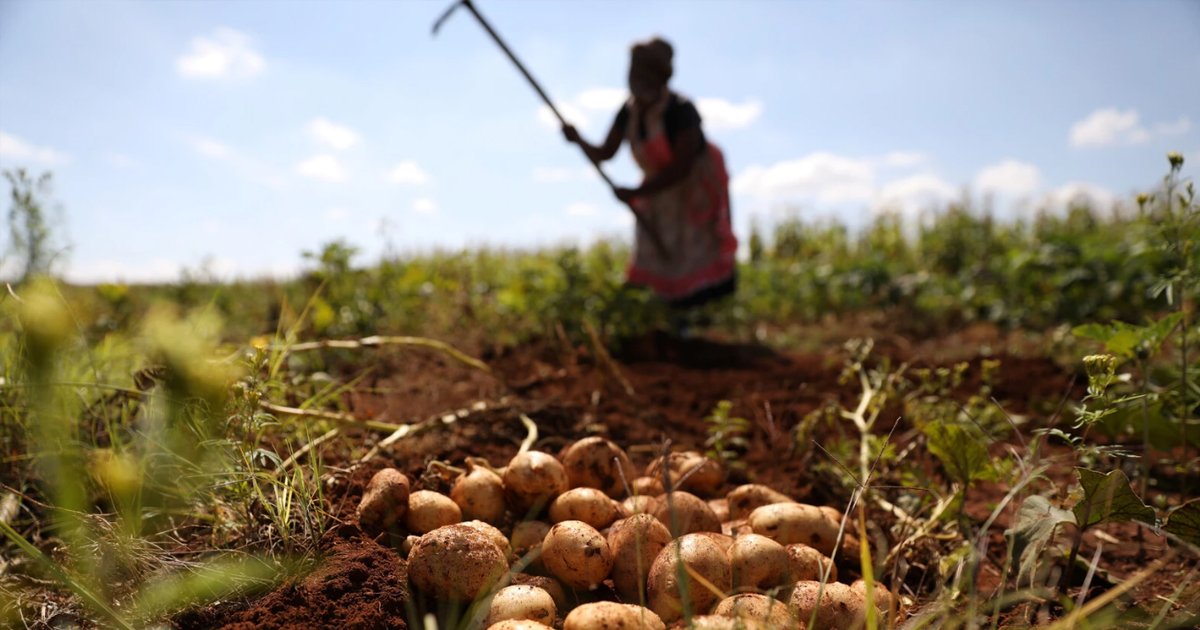- Farmers often carry the heaviest burden to access the capital, technology and knowledge needed for the climate transition.
- All actors in the value chain, from brand owners to retailers to distributors to consumers, have a role in supporting farmers with this transition.
- Through initiatives like the First Movers Coalition for Food, companies and countries are coming together to show demand for sustainably produced foods and giving farmers the market confidence to transition.
Embracing regenerative farming globally could help provide a third of the land-based climate action needed by 2030. By scaling regenerative agriculture, the global food system has the potential to play a significant role in tackling greenhouse gas emissions while delivering additional environmental benefits. However, a significant transformation of how food is grown and produced is needed to bridge the gap to that ambition.
A market-wide transition to low-emission food commodities using sustainable and regenerative farming practices is needed. PepsiCo previously shared that three action areas were required to transform food systems, including strategic partnerships to scale impact. PepsiCo and other organizations convened by the World Economic Forum have since announced the First Movers Coalition for Food (FMC for Food), which seeks to build demand for sustainable and regenerative methods by harnessing the collective efforts of industry leaders.

